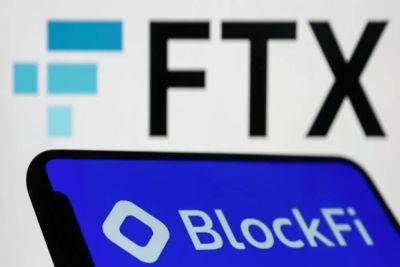The defunct energy firms sending out life-wrecking bills from beyond the grave
T he life-changing bill came out of the blue. Jane Morrison-Ross was informed by a debt collection agency that she owed £10,260 to Together Energy, which ceased trading in February 2022. It gave no indication of what the charges were for.
It turned out that she was being invoiced for the four years after she left the billing address. She submitted proof of her residency but to no avail. The agency, appointed by Together’s administrators, insisted that if she did not pay within seven days, she could face court.
“It feels like a Kafka novel,” she says. “No one will listen. I have an email trail as long as the Nile. They have ignored my complaint, my subject access request, emails showing tenancy agreements, account closure, and my repeated attempts to sort this out.”
Her plight exposes a hidden gap in consumer protections when an energy company ceases trading. Customers’ energy supply is automatically transferred to a Supplier of Last Resort (SoLR), appointed by energy regulator Ofgem. However, accounts that are in debt may be passed on to the administrator appointed to wind up the failed firm.
Energy administrators are not regulated by Ofgem, or the Financial Conduct Authority, and the Energy Ombudsman has no remit over their activities.
Moreover, while energy firms have to agree affordable repayment plans with customers who are in debt, administrators are not bound by the same rules.
This means customers who do owe money could have their budgets wiped out by a shock bill, while those who contest the charges have nowhere to turn except the courts.
“There’s a glaring gap in the regulations,” says consumer campaigner Martyn James. “While, in most cases, both credit and debit balances are transferred over to the newly appointed
Read more on theguardian.com

 theguardian.com
theguardian.com



















